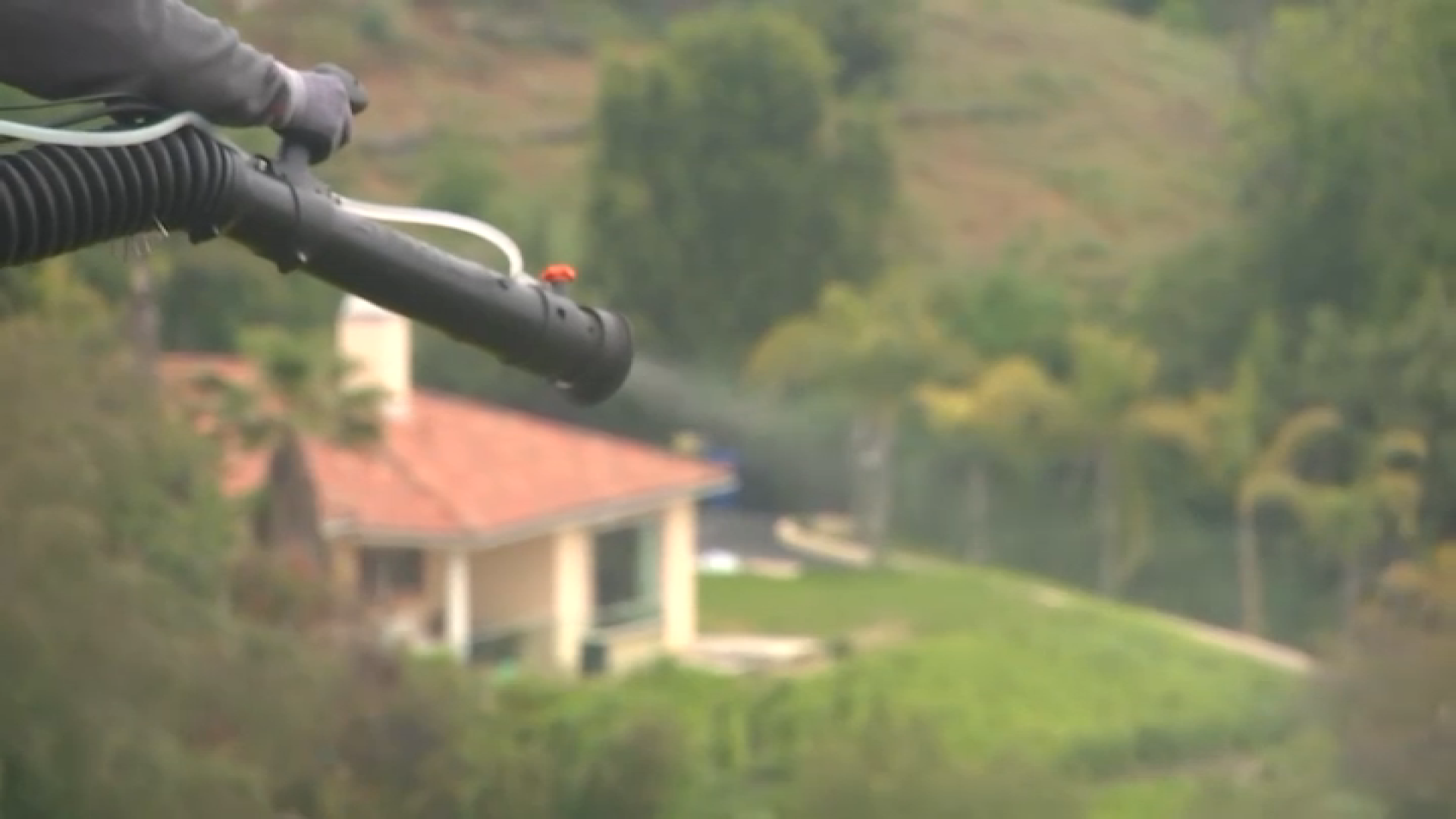Caring for those sickened by COVID-19 is taking the full force of the U.S. medical community.
Nurse Lori Ninberg has 32 years under her belt at Rady Children's hospital, most of that working in the emergency room. In the first year of the pandemic, Ninberg has been deployed six times to treat some of the worst coronavirus cases in the hardest-hit areas.
Ninberg is a member of a the Disaster Medical Assistance Team (D-MAT), a federal team deployed during times of great crisis. It's her expertise and desire to be on the front lines that earned her a roster spot.
"It's invigorating. It's humbling," Ninberg said.
Get San Diego local news, weather forecasts, sports and lifestyle stories to your inbox. Sign up for NBC San Diego newsletters.
Nurse Ninberg was at MCAS Miramar to help U.S. citizens who evacuated from Wuhan, China, in the early days of the pandemic.
She treated patients on the Grand Princess cruise ship in San Francisco Bay; Show Low, Arizona; and Medford, Wisconsin.
Each deployment was another step into the COVID-19 unknowns at that time.
Local
"The uncertainty. The uncertainty, what we were going to walk into or what we would receive," Ninberg said.
Ninberg and the other 34 members of D-MAT were charged with backfilling the exhausted resources at hospitals in some of the worst-hit communities.
“My daughter is 13 and she says, 'Mommy, you know you are going to help other people.' It can't get any more rewarding than that," Ninberg said.
There were plenty of difficult days when she was left holding patient's hands in the final moments of their lives.
"That's heartbreaking to have somebody die without a loved one in their presence," Ninberg said.
Such is the way of the disease and the best efforts to stop the spread of it.
The things Ninberg experienced left her looking for the good.
"It was very gratifying to know we made a difference caring for these extremely ill patients," Ninberg said.
In a word, what Ninberg saw in the communities she visited, in the faces of strangers she met, and the armies of healthcare providers, is resilience.
"I am energized that people, so many people, want to get the vaccine and are waiting to get the vaccine," she said. "I hope a year from now, we'll be looking at it in the rearview mirror."
Ninberg says each deployment lasted two weeks, but if the need was greater, members of the team would volunteer to stay longer. She returned home from her last deployment in November, but COVID-19 hasn't been beaten so she's not done fighting.
The window for her next assignment opens March 1.



